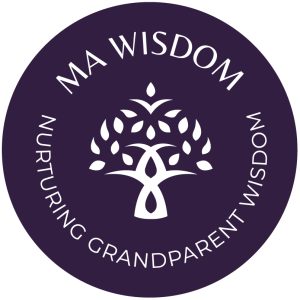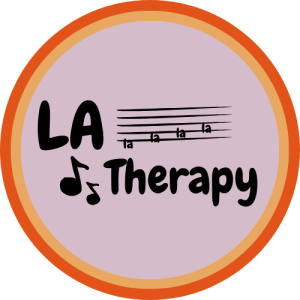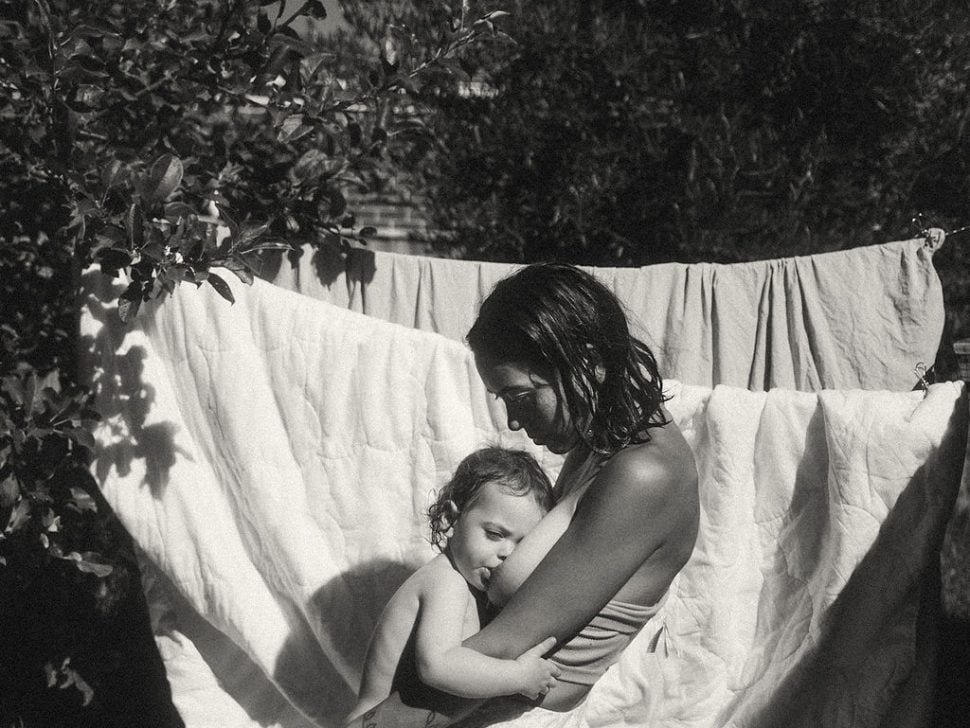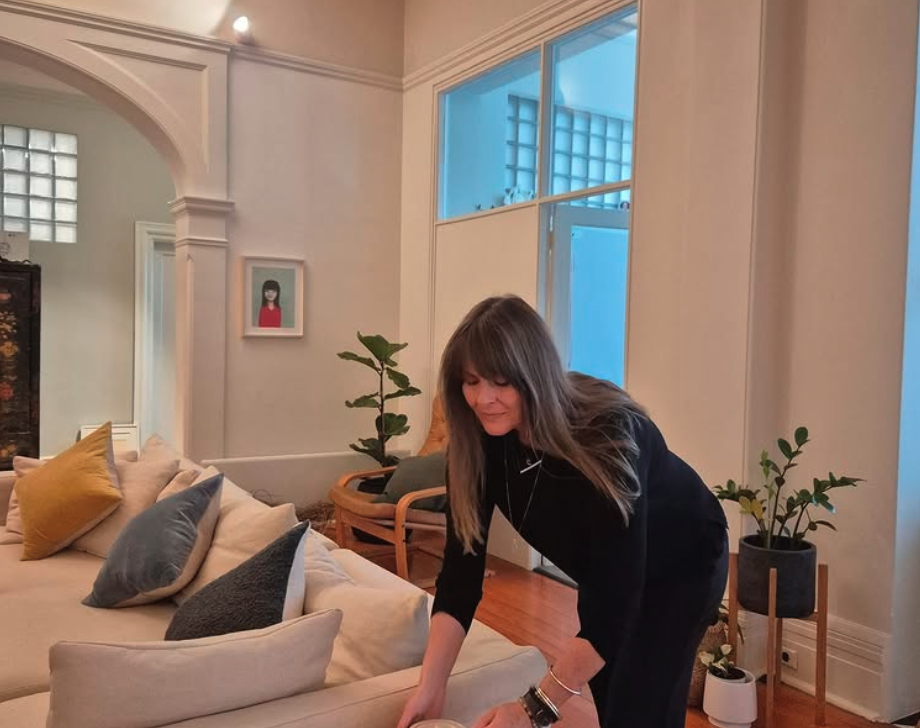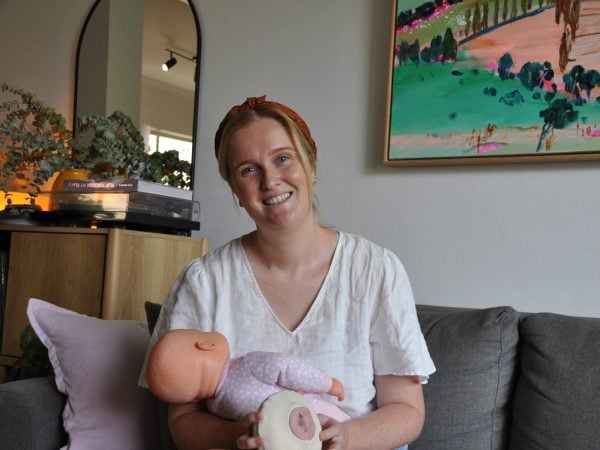
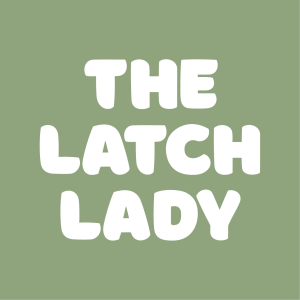
The Latch Lady
Hi, I’m Georgie, a mum, midwife, lactation consultant (IBCLC), child and family health nurse, and the heart behind The Latch Lady. I know firsthand how joyful, overwhelming, beautiful and messy early parenthood can be, because I’ve lived it too. My daughter Poppy was born in 2024, and even with all my professional experience, breastfeeding didn’t come easy. That journey deepened my compassion, and reaffirmed my belief that every parent deserves individualised, evidence-based, and deeply kind support.
At The Latch Lady, I offer one-on-one breastfeeding consultations in your home or in clinic, as well as prenatal breastfeeding education sessions for expectant parents. I also support families navigating newborn care, feeding challenges, sleep, and the emotional highs and lows of early parenthood.
My approach is inclusive, judgment-free and grounded in real-life experience. Whether you’re preparing to breastfeed, feeling unsure in those early weeks, or needing support with things like mastitis, pumping, mixed feeding or weaning, I’m here to walk alongside you.
I work with families in Sydney and offer personalised care that’s led by you, your values, your goals, your baby. You won’t get a one-size-fits-all answer from me, and I’ll never tell you there’s only one “right” way. What you will get is warmth, clinical expertise, and someone cheering you on.
You can learn more or book a visit via my website or Instagram @thelatchlady_. I’m so honoured to be part of the Not Another Onesie village, and I can’t wait to support you in yours.



